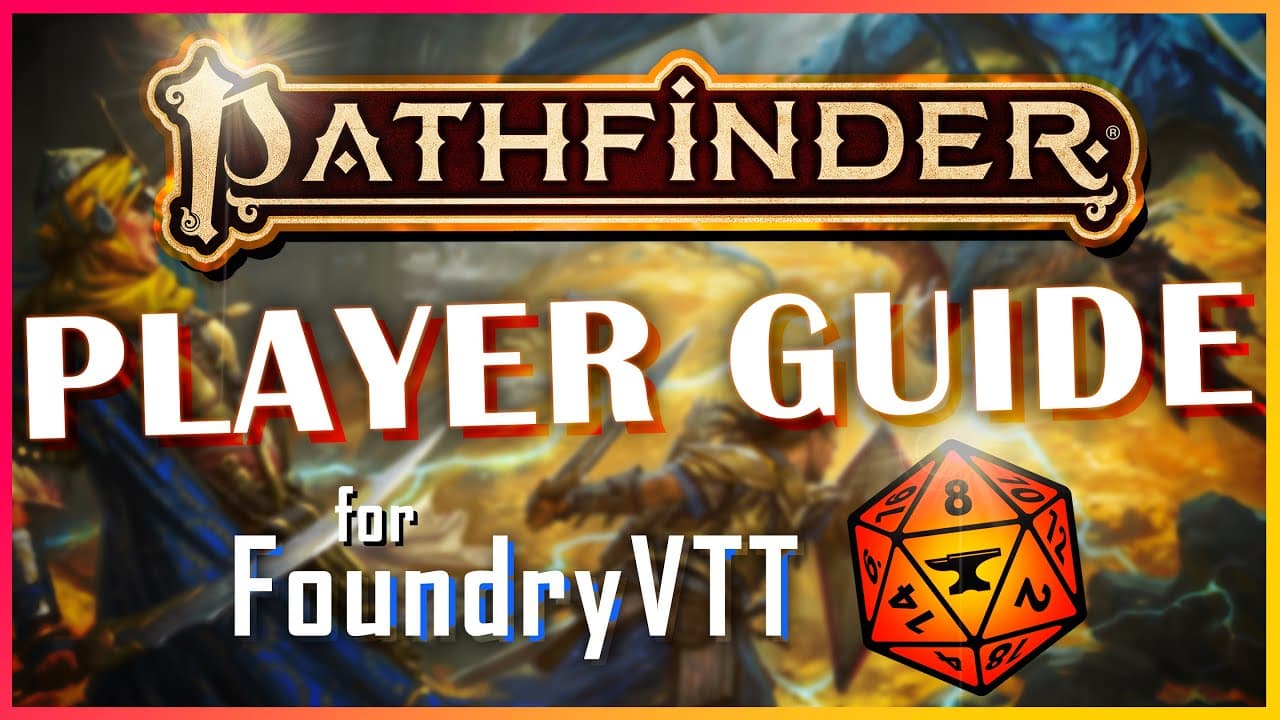Foundry VTT Streamlines Pathfinder Second Edition Play, Registry Guides Modules
Local Pathfinder groups are increasingly using Foundry VTT to run Pathfinder Second Edition games because the platform automates rules and links to community modules approved under Paizo policy. The Paizo Community Use registry helps players find compatible modules, reducing setup time and lowering the barrier to online play for newcomers and regular groups alike.

Foundry VTT has become a central tool for Pathfinder Second Edition players by exposing the system reference document and enabling dozens of community modules that automate actions, spells, conditions, and attuned features. For local game masters and players this means shorter combats, less bookkeeping, and more time focused on storytelling and tactics. Paizo maintains a Community Use registry that highlights community modules designed to comply with its policy, making it easier to locate compatible resources such as PF2e Monster Creator, PF2e quickref, and links used by pf2e.io.
The most important first step for groups moving to Foundry is to install the official community maintained PF2e system for Foundry. That system bundles rule automation for core actions and conditions and acts as the backbone for optional modules. Useful community offerings include quick reference tools, token and action heads up displays, user interface improvements, and compendia tools that speed play. Community discussion threads on Foundry forums and Pathfinder subreddits repeatedly advise starting with a small, stable set of modules and adding extras gradually to avoid conflicts and instability.
The registry serves a dual role. It signals which modules were developed with Paizo’s Community Use Policy in mind, and it provides a curated starting point for groups that might be overwhelmed by the sprawling third party ecosystem. For local clubs and casual groups this reduces trial and error when configuring a virtual tabletop. For game masters who run weekly sessions the automation can translate into measurable time savings during prep and in play. Foundry’s automation handles routine rulings and repeated calculations, a persistent efficiency gain as campaign length grows.
There are broader market and policy implications for the local tabletop community. The availability of community maintained modules under an established policy encourages independent developers to build tools that increase Foundry adoption. That in turn raises the value of community moderation and clear compatibility signals, because module conflicts or abrupt changes can disrupt running campaigns. Paizo’s registry helps manage this risk by identifying modules that align with its use policy, but the onus remains on groups to test configurations before moving to a live session.
For Pathfinder players in the area, the takeaway is practical. Use the official PF2e system for Foundry, consult the Paizo Community Use registry to find recommended modules, and keep your module list lean to start. These steps will make online sessions smoother, preserve more time for gameplay, and lower the technical barrier for new players joining local campaigns.

